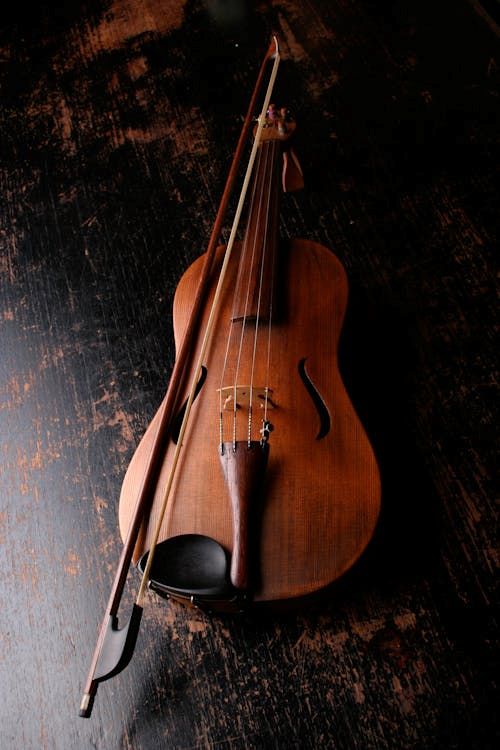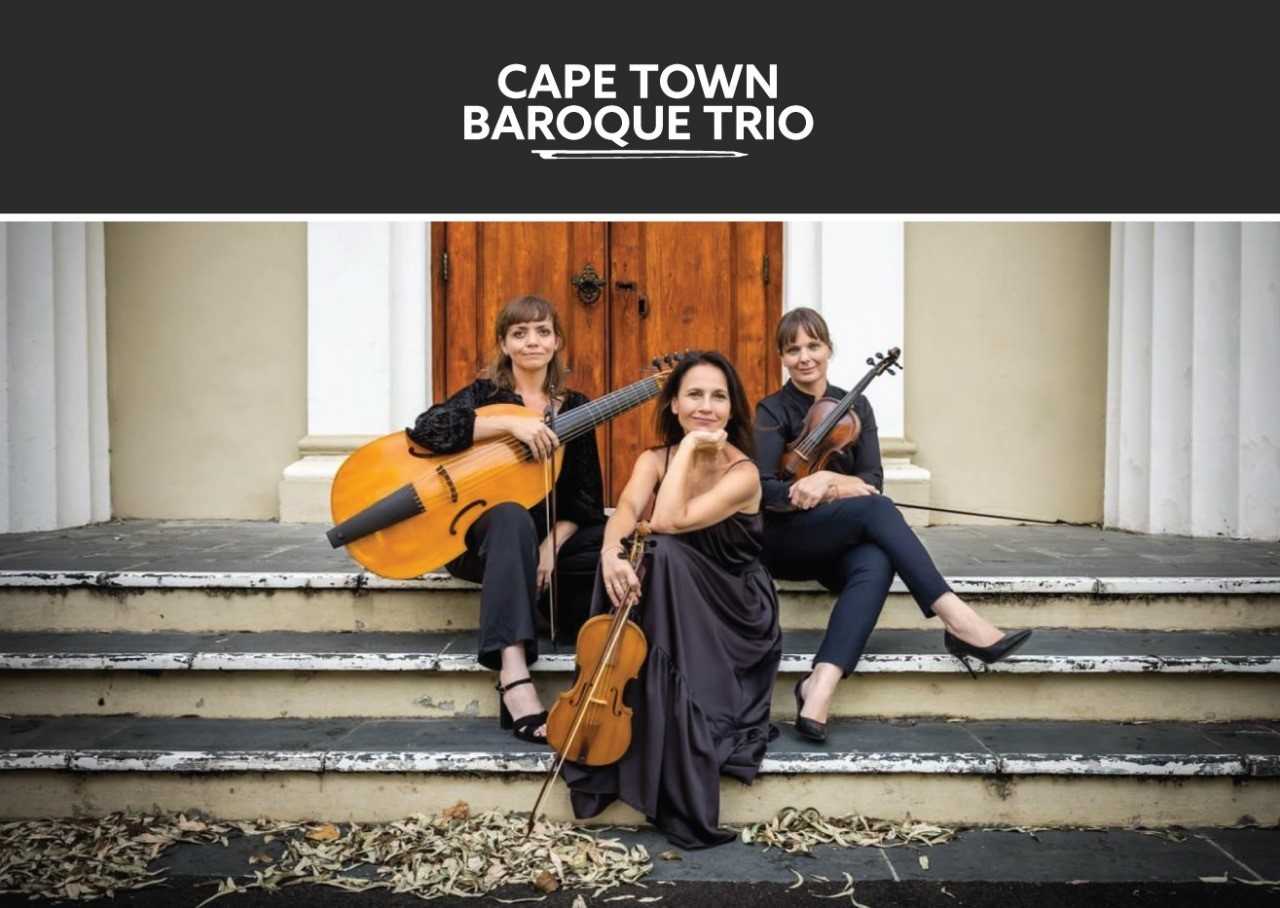Arts
Cape Town Baroque Trio heads to Bloemfontein─── 09:00 Thu, 21 Mar 2024

The Cape Town Baroque Trio consists of Ralitza Macheva, Annien Shaw, and Rosamund Ender.
On 19 April the Odeion in Bloemfontein host the Cape Town Baroque Trio. The concert starts at 19:00 and entry is free. The Cape Town Baroque Trio consists of Ralitza Macheva on violin, Annien Shaw on violin, and Rosamund Ender on the viola da gamba. Performing at the Odeion in Bloemfontein.
Bulgarian violinist Ralitza Macheva is a graduate of the Pancho Vladigerov Music Academy (Sofia), and the Conservatorium van de Enschede in the Netherlands. Her primary teachers were Prof. Alexander Kramarov and Prof. Boyan Lechev. She relocated to South Africa in 2000 and was the co-principal second violinist of the KZN Philharmonic Orchestra. In 2023 she joined the Cape Town Philharmonic Orchestra as principal second violin. She is also the Leader of the Durban-based orchestra, Baroque 2000.
Annien Shaw is a soloist, chamber musician, baroque violinist, and teacher. She studied with Suzanne Martens, Jan Repko, Farida Bacharova, and Louis van der Watt. She holds a PhD in Performance Practice (University of Cape Town), a PGDip and FRSM in solo performance (Royal Northern College of Music, Manchester UK), and a Masters in Chamber Music (University of Stellenbosch). She has extensive orchestral experience through her former employment with the Jeunesses Musicales World Orchestra, KZN Philharmonic, and the Cape Town Philharmonic Orchestra. She is a member of the Cape Consort and a guest concertmaster and soloist of Cape Town Baroque (CTB).

The Cape Town Baroque Trio will perform in the Odeion in Bloemfontein. Photo: Pixabay
Rosamund Ender obtained her BMus from the University of Stellenbosch. During her studies, she played with professional orchestras like the CT Philharmonic Orchestra and the KZN Philharmonic Orchestra regularly as an ad hoc player. Her studies next took her to Zürich, Switzerland where she studied in the class of Prof. Roel Dieltiens.
She obtained a Masters in Music Pedagogy, as well as a Masters in Transdisciplinary Studies (Zürcher Hochschule der Künste). She was co-principal cellist with the Zürcher Kammerphilharmonie for six years.
She started playing the viola da gamba after discovering a great passion for early music. In 2022 she returned to Cape Town to play full-time with the CPO, and to focus on a career as a performer on the cello, the baroque cello, and the viola da gamba.
Baroque instruments refer to musical instruments that were commonly used during the Baroque period, which lasted from approximately 1600 to 1750. These instruments were prevalent in the music composed and performed during that era. Examples of Baroque instruments include the harpsichord, the viola da gamba, the recorder, the flute, the oboe, the bassoon, the trumpet, the violin, the viola, the cello, and the double bass.
Baroque instruments often have distinctive characteristics that distinguish them from instruments of later periods. For example, Baroque string instruments like the violin and viola typically had gut strings, which produce a warmer and more resonant sound compared to modern metal strings. Additionally, Baroque wind instruments often had simpler designs and were made of wood, with limited key mechanisms compared to their modern counterparts.
Overall, Baroque instruments play a crucial role in performing Baroque music authentically, as they help recreate the timbres and textures that composers of that period envisioned when writing their compositions.
Programme:
Baroque music from the 17th and 18th century:
Heinrich Ignaz Franz Biber (1644 – 1704): Partita No. 4 for scordatura violins and basso continuo
Arcangelo Corelli (1653 – 1713): Sonatas for Baroque violins and cello
Georg Philipp Telemann (1681 – 1767): Intrada-Suite for 2 Violins 'Gulliver's Travels', TWV 40:108
Antoni Schonken (Born 1987): A Day in the Life – a musical conversation with ChatGPT for two baroque violins and viola da gamba
OFM News dg















